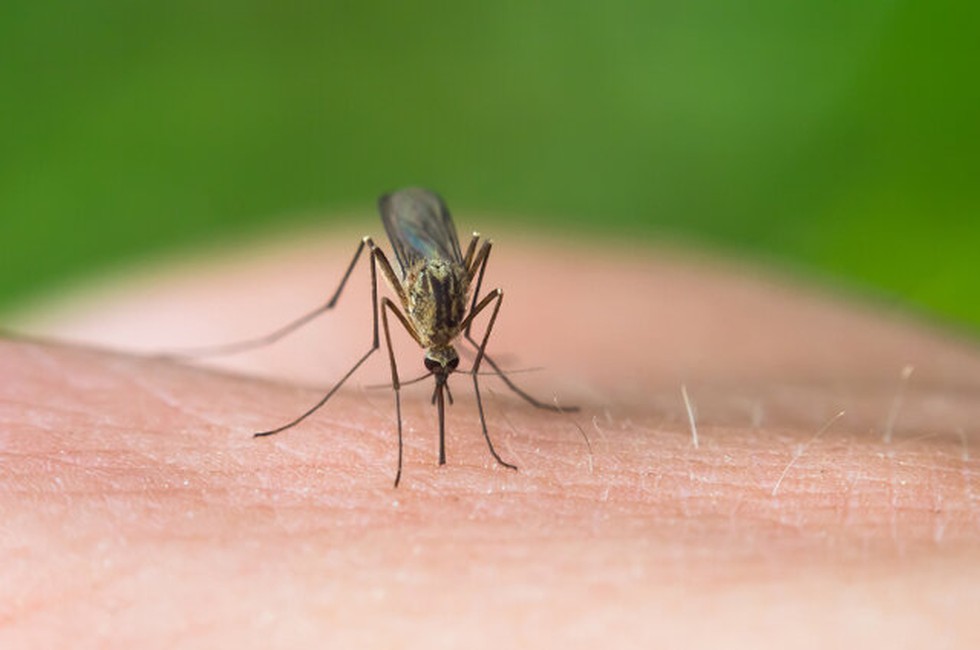About Eastern Equine Encephalitis (EEE):
- It is an extremely rare but serious and often fatal infection caused by the EEE virus (EEEV).
- It causes encephalitis or inflammation of the brain.
- EEEV can infect a wide range of animals, including mammals, birds, reptiles and amphibians.
- Transmission: The spread of EEEV to mammals (including humans and horses) occurs through the bite of infected mosquitoes that feed on both birds and mammals.
- Human cases of EEE disease are rare but can cause serious illness.
- Symptoms:
- It is possible that some people who are infected with EEEV will not develop any symptoms.
- Symptoms typically appear 4-10 days after being bitten by an infected mosquito.
- Severe cases of EEE infection begin with the sudden onset of headache, high fever, chills, and vomiting that may progress into disorientation, seizures, encephalitis (inflammation of the brain), and coma.
- About 30% of people ill from EEE die, and many who survive the infection are left with permanent neurologic damage.
- Treatment:
- There are no vaccines to prevent EEE infection in people and no specific treatments for EEE disease.
- Treatment focuses on supportive therapy, including hospitalization, respiratory support, intravenous fluids, and prevention of other infections.
